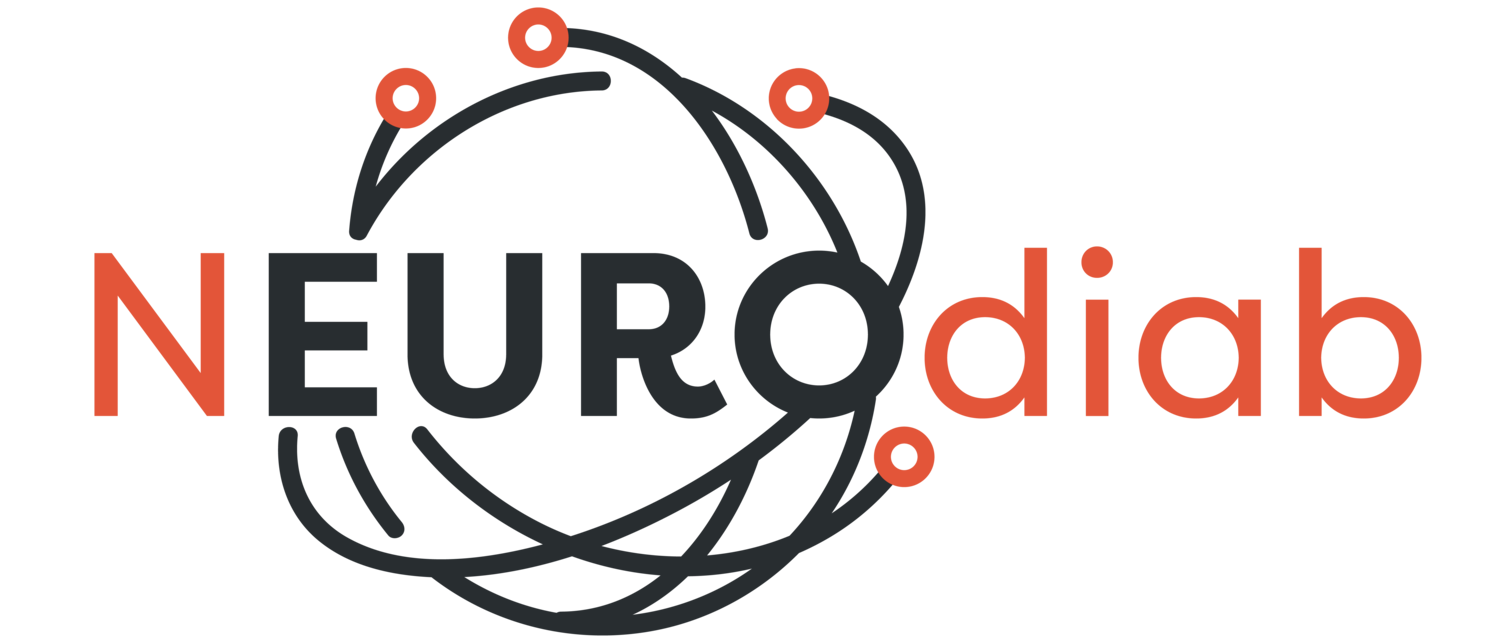Publication News 90 - 2 October 2023
Exercise training can improve cardiovascular autonomic function in subjects with dysmetabolism
Aims: To measure the effect of a 12-week physical training on individuals with cardiovascular autonomic neuropathy (CAN) and metabolic syndrome (MetS).
Methods: The study included 56 patients with MetS [32 men/24 women, 40 without (NDMetS)/16 with type 2 diabetes (DMetS): age: 50.35±8.03 Vs. 56.8±9.30 years, p=0.023; baseline BMI: 32.2±7.03 Vs. 32.8±5.94 Kg/m2. p=0.739]. Participants were requested to perform 3-5 training sessions (minimum 30 minutes/session), for a minimum of 150 minutes each week, for a total of 12 weeks. The training intensity range was calculated based on the age dependent maximal heart rate (60-80%). 42 individuals (10 with DMestS) participated in the home-based training sessions monitored by electric heart rate sensor or running watch, while 14 individuals participated in ambulatory supervised training. Autonomic function was assessed by standard cardiovascular reflex tests (CARTs) and an overall autonomic score was calculated as an index of CAN severity. ECG repolarization parameters, including short-term QT variability and stress-ECG, were also measured.
Results: The study showed a significant decrease in BMI (p=0.008) after the training programs. In the whole population, Valsalva ratio (1.49±0.24 Vs. 1.64±0.34, p=0.001) and the autonomic score improved following training (2.05±1.73 Vs. 1.41±1.36, p=0.015), accompanied by significant decreases in the resting systolic (p<0.001) and diastolic (p<0.001) blood pressures. A significant improvement in Valsalva ratio after the training was only detected in the NDMetS (p=0.002) but not in the DMetS group. The training program did not lead to significant changes in ECG repolarization. The exercise capacity (i.e., the duration of the stress-ECG and the load values performed) significantly increased in the whole population (p<0.001). The DMetS patients showed a significantly lower MET score at baseline (p=0.039) and following training (p=0.044) in comparison to the NDMetS patients.
Conclusions: A 12-week exercise training program improved the Valsalva ratio and the autonomic score in the MetS patients and is potentially protective against cardiovascular events. Physical training also had some beneficial effect on blood pressure and stress-ECG tests in both groups. The absence of significant change in CARTs in DMetS group reflects an impaired adaptation.
Comments. CAN is a substantial contributor to an increased cardiovascular morbidity and mortality risk and poorer quality of life in metabolic syndrome and diabetes. It is known that training may improve cardiovascular measures in healthy individuals. Moreover, there is some evidence of a beneficial effect of training on hear rate variability in type 2 diabetes. A recent study showed that 12 week high-intensity interval training can improve resting heart rate, baroreflex sensitivity, and orthostatic blood-pressure regulation in male overweight subjects with type 2 diabetes (Bönhof GJ et al Diabetologia 2022;65:1048-1057). In this study, cardiovascular function tests in participants with MetS without diabetes were similar as those in patients with diabetes, confirming an impaired cardiovascular autonomic function in MetS. The 12-weeks training program showed an improvement of cardiovascular autonomic function and therefore may be a useful therapeutic addition to lower cardiovascular risk in metabolic syndrome. Limitations are the small sample size (especially for the group with diabetes) and a lack of the documentation of the regularity and intensity of the coaching activity during the training.
Zoltan Kender
Reference. Vágvölgyi A, Ábrahám JE, Máthéné Köteles É, Korom A, Barnai M, Szűcs M, Orosz A, Kempler P, Menyhárt A, Nemes A, Várkonyi T, Baczkó I, Kósa I, Lengyel C. A three-month physical training program improves cardiovascular autonomic function in patients with metabolic syndrome with and without diabetes - a pilot study. Front Endocrinol (Lausanne). 2023 Aug 17;14:1224353. doi: 10.3389/fendo.2023.1224353. PMID: 37664832; PMCID: PMC10469893.
https://www.frontiersin.org/articles/10.3389/fendo.2023.1224353/full
